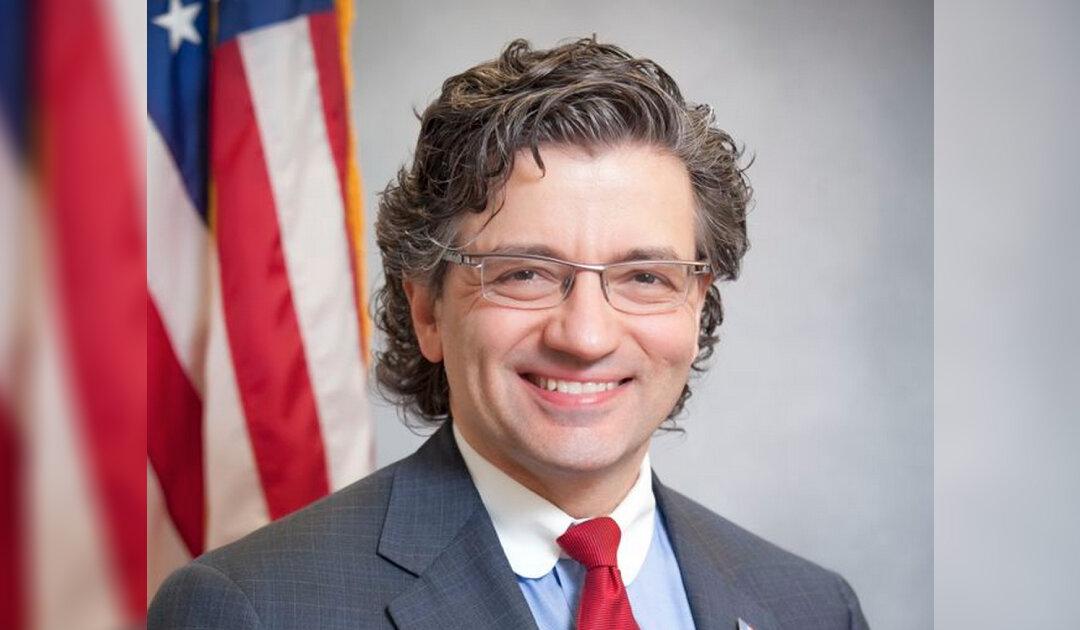An American Muslim reformist is calling for clear boundaries to be set between places of worship and the state in a bid to tackle radical Islamist ideology.
Dr. Zuhdi Jasser, a practicing Muslim and physician, believes that Muslims have a role to play in standing up to the current Islamist establishments to help prevent radicalization, he told 2GB Radio on March 12.





